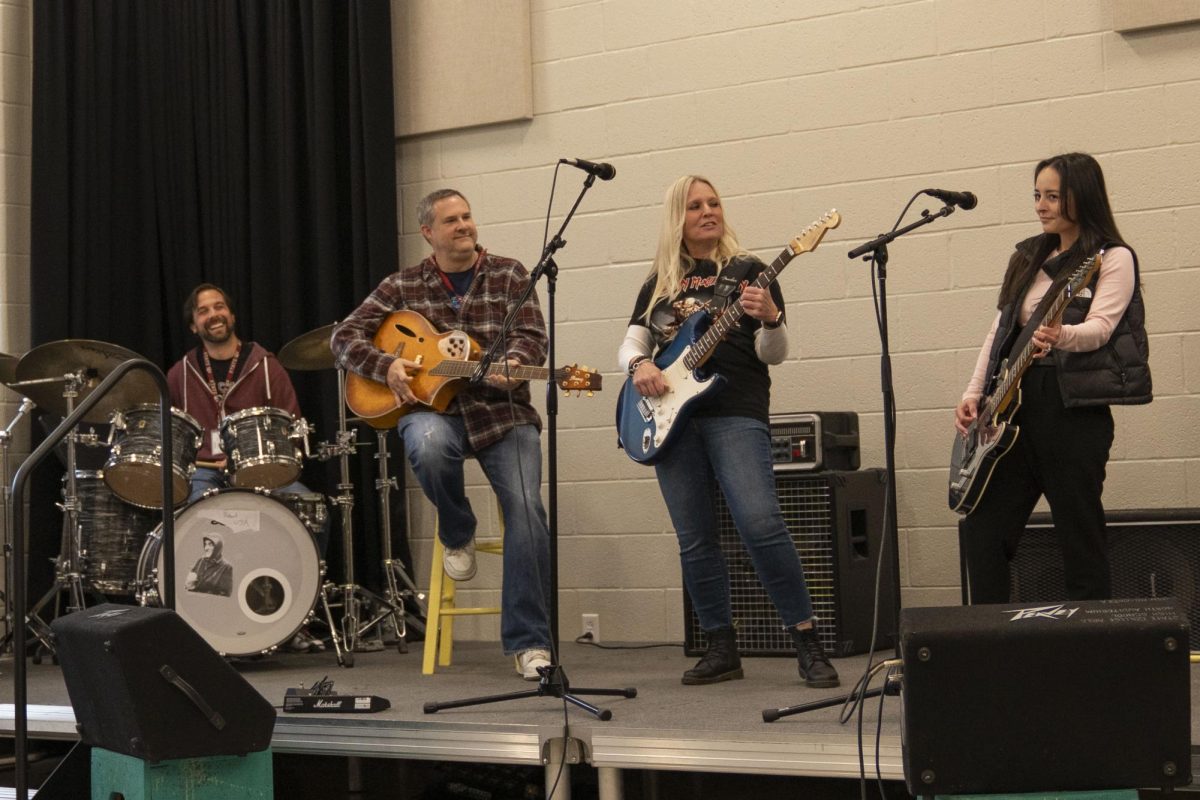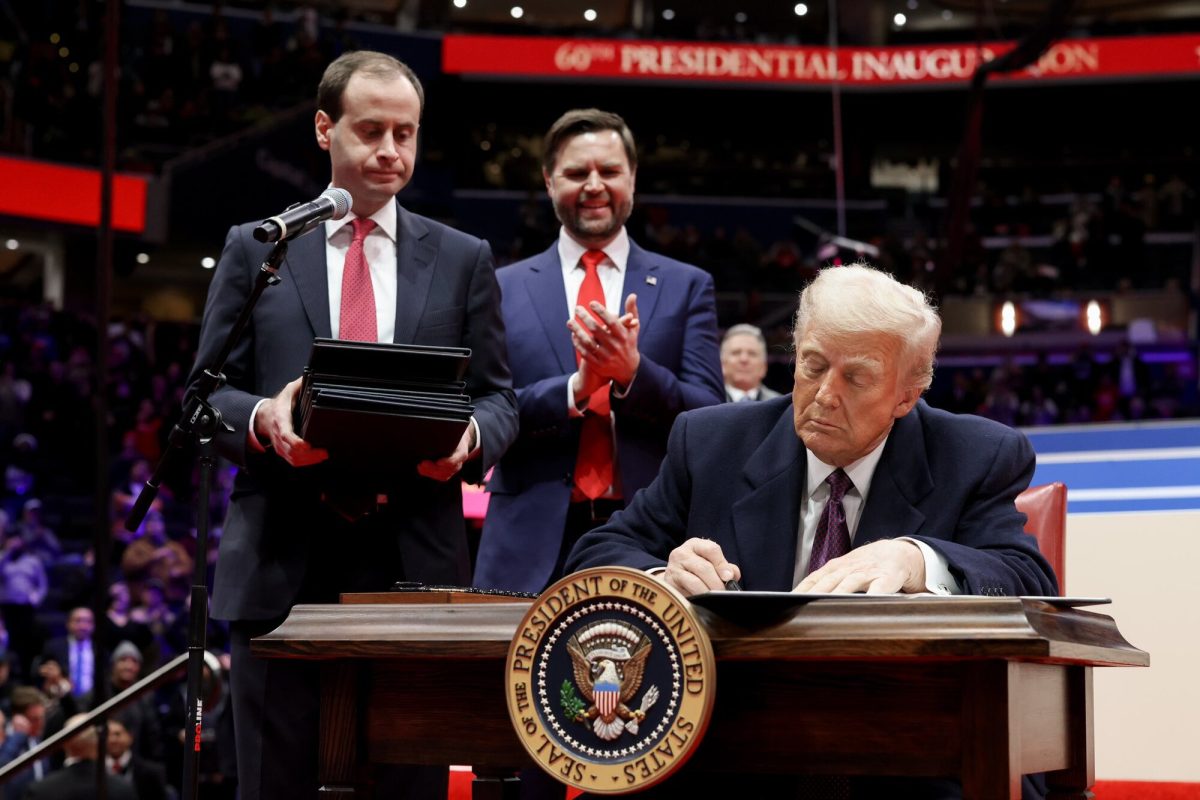In honor of National Voter Registration Day on Sept. 19, Pennsylvania Governor Josh Shapiro introduced a new law implementing automatic voter registration (AVR) throughout the state. The law allows residents who obtain a Real ID or driver’s license at their local PennDOT to automatically be registered to vote within the state.
Previously, registering to vote was completed through an “opt-in” process, where potential voters had to initiate the process to register themselves. In states with automatic voter registration, the process is the opposite. People have to “opt-out” of being registered to vote because through interacting with their state’s DMV they are automatically registered.
The process has meaningful results. Because AVR streamlines the process to register, states who use the process are able to increase the numbers of registered voters. With more registered voters, voter turnout is higher, improving the democratic process.
“If you believe in democracy and in the voice of the people, then the more people that vote, the better it will be,” Andrew Merritt, AP Comparative Government and AP US Government teacher at State High, said. “Now, no one can make anybody vote. But at the same time, if you’re not registered, you can’t. Now, if you have a driver’s license, you’re automatically registered so you have very few reasons not to vote.”
Pennsylvania is now among 24 states (and Washington D.C.) in the country with this law, reflecting Shapiro’s goal as governor to “ensure free, fair, and democratic elections”. Not only does the law aim to increase voter turnout, it also hopes to improve election accuracy, ensure security and lower taxpayer costs.
In the political climate of Democrat vs. Republican debates, automatic voter registration is a nonpartisan effort aiming to bring benefits for the people, rather than the parties.
“We all share the same constitution, so the fact that we’re making sure that every single eligible citizen has the right to vote and can execute that right is extremely significant. I hope that we treat this accomplishment in a nonpartisan manner,” Prithvi Narayanan, State High student government president, said.
In other states, the law has been especially effective for increasing registration of typically underrepresented groups. In particular, rural voters and young voters have improved access to registration, as these groups may not typically be inclined to register on their own, but both groups do have IDs and driver’s licenses. Pennsylvania’s population has both young voters and rural voters, as does the State High community.
State High is full of potential young voters, with many juniors and seniors being able to vote in the upcoming election. Their votes often reflect the changing values of the country, and their representation is important although often seen as hard to obtain.
“If you’re automatically registered to vote, then you have more incentive [to vote] now that you don’t have to go out of your way and fill out all this paperwork,” Narayanan said. “So there’s this incentive to just go and vote and that’s going to contribute to a behavior of ‘Yes, I’m gonna vote in every election’. That [attitude] is going to have a significant impact on having young voices heard, and having a government that is representative of the entire constituency.”
Of course, there exists more that can be done to improve the ever-present voter turnout problem in the US. But in the meantime, automatic voter registration is a big step in the right direction. The law is an important signal for the state of democracy in the Commonwealth, and the nation as a whole, showing that the belief in democracy is strong and evolving.

![Poster created by the League of Women Voters between 1965 and 1980.
League Of Women Voters, U.S.. Education Fund, Sponsor/Advertiser. Voting Is People Power. [Between 1965 and 1980] Photograph. Retrieved from the Library of Congress,.](https://lionsdigest1.com/wp-content/uploads/2023/10/Screenshot-2023-10-01-8.10.39-PM.png)












